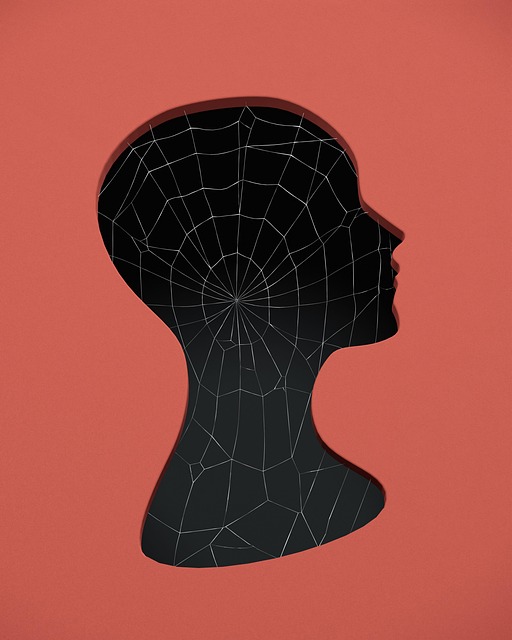Clinical excellence drives the evolution of modern counselling practices, with a growing emphasis on evolve psychology and evolving minds counselling. These approaches recognize the dynamic nature of the human mind and promote continuous learning for counsellors. By combining traditional methods with innovative techniques like CBT, mindfulness, and solution-focused therapy, therapists create safe spaces for clients to explore their inner worlds, challenge limiting beliefs, and embrace change. This progressive approach enhances counselling outcomes and ensures care relevant to today’s diverse needs, fostering personal growth and evolving psychological well-being.
Clinical excellence is the cornerstone of evolve psychology, revolutionizing modern counselling practices. This approach emphasizes fostering growth and change through innovative techniques tailored to adaptive mindsets. By focusing on evolving minds, therapists facilitate transformative journeys for clients, offering personalized support that addresses unique challenges. The result? Enhanced therapy outcomes as practicing professionals navigate complex human behaviors with enhanced skill and compassion.
This article delves into the profound impact of clinical excellence on shaping evolve psychology, exploring techniques that drive positive change in contemporary counselling.
- The Role of Clinical Excellence in Shaping Evolve Psychology
- Modern Counselling Techniques: Fostering Growth and Change
- Adapting to New Mindsets: The Impact on Therapy and Client Outcomes
The Role of Clinical Excellence in Shaping Evolve Psychology

Clinical excellence plays a pivotal role in shaping the direction and evolution of psychology, particularly within modern counselling practices. It acts as a driving force behind the development of innovative therapeutic approaches and techniques. Counsellors who strive for clinical excellence are at the forefront of understanding human behaviour and the mind, constantly seeking ways to enhance their skills and knowledge. This commitment to excellence fosters a culture of continuous learning and adaptation, ensuring that counselling methods remain effective and relevant in an ever-changing world.
In this context, evolve psychology is not just a theoretical concept but a dynamic field that reflects the evolving minds of clients. By embracing clinical excellence, counsellors can effectively navigate the complexities of human experiences, offering tailored support and guidance. Evolving minds counselling, as a result, becomes a powerful tool to empower individuals, helping them overcome challenges and embrace personal growth. This ongoing evolution ensures that psychological practices remain responsive to the diverse needs of modern society.
Modern Counselling Techniques: Fostering Growth and Change

In modern counselling sessions, a shift towards evolve psychology has been observed, where techniques focus on fostering growth and change in clients’ evolving minds. This approach recognizes that individuals are not static, but rather, their thoughts, emotions, and behaviours continually shape and reshape their psychological landscapes. Evolving Minds Counselling emphasizes the importance of dynamic interventions that adapt to each client’s unique journey.
Through innovative strategies, modern counsellors create safe spaces for clients to explore their inner worlds, challenge limiting beliefs, and embrace new perspectives. Techniques such as cognitive-behavioural therapy (CBT), mindfulness practices, and solution-focused approaches empower individuals to take control of their mental health and navigate life’s challenges with resilience. By fostering a sense of self-awareness and personal growth, these techniques contribute to the overall evolution of the client’s psychological well-being.
Adapting to New Mindsets: The Impact on Therapy and Client Outcomes

In today’s rapidly evolving world, both society and mental health practices are experiencing significant shifts. Evolve psychology, a progressive approach to understanding human behavior, is reshaping modern counselling. It recognizes that minds are not static but rather adaptive and constantly changing, much like the evolving landscape of our thoughts and emotions. This new mindset encourages therapists to view each client’s unique experiences and perspectives as valuable assets in the therapeutic process.
Adapting to this evolutionary psychology means therapy becomes a dynamic exchange where traditional methods may be blended with innovative techniques. As therapists embrace these changes, they can better support clients in navigating complex emotional landscapes. This adaptability fosters a deeper connection between therapist and client, ultimately enhancing counselling outcomes and ensuring evolving minds receive the care they need in an ever-changing world.
In conclusion, clinical excellence serves as a beacon that guides the evolution of psychology within modern counselling. By adopting advanced techniques and embracing new mindsets, therapists facilitate growth and positive change in their clients. As our understanding of the human mind evolves, so too does the practice of counselling, ultimately enhancing therapeutic outcomes and enriching the lives of those seeking support. This ongoing process is evident through the integration of evolving minds counselling, which leverages clinical expertise to provide innovative and effective psychological care.
